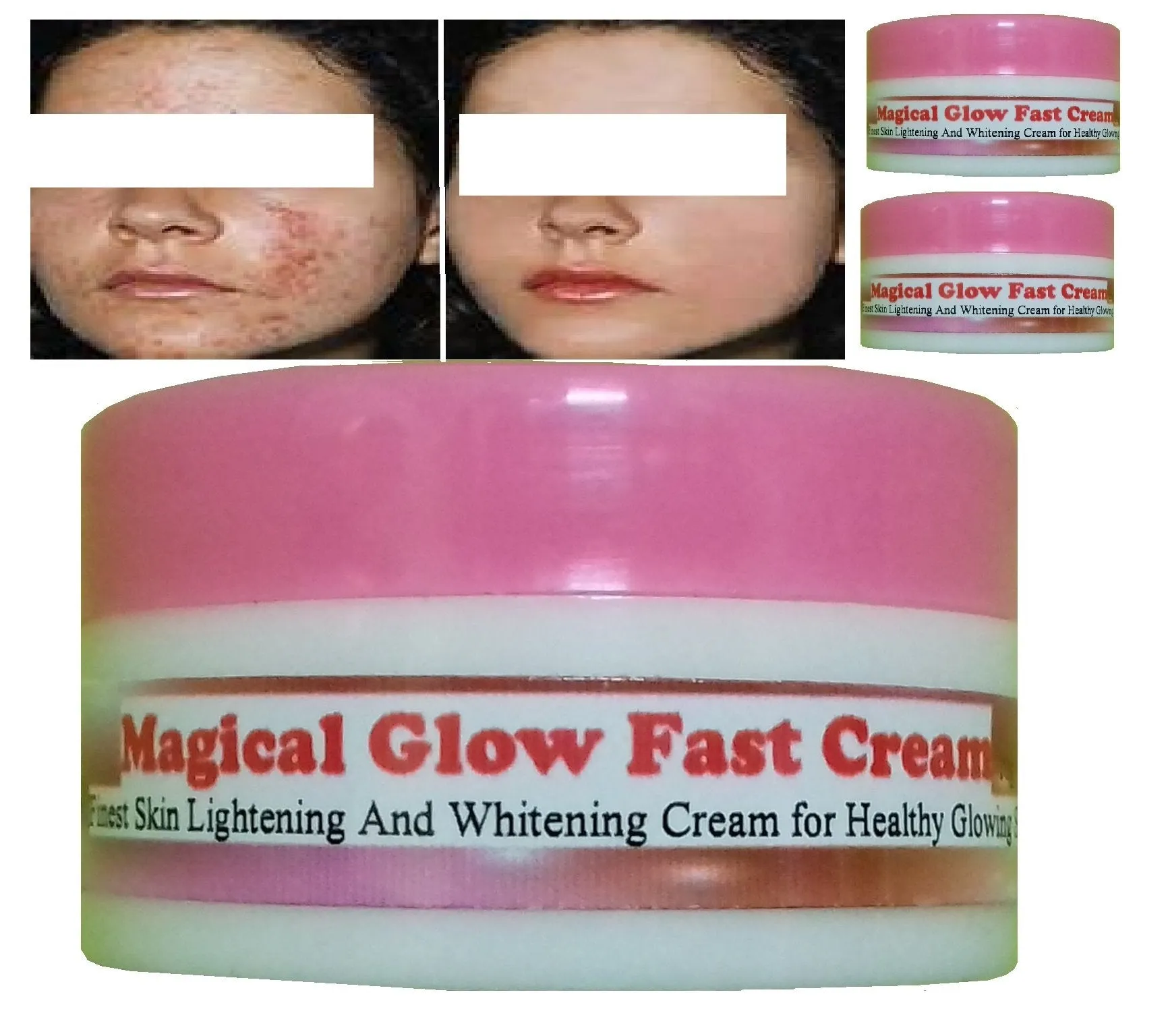What is Whitening Cream Night Time
Whitening cream designed for night time use is a specialized skincare product formulated to address skin discoloration and promote a brighter, more even skin tone while you sleep. These creams often contain active ingredients that work synergistically with the skin’s natural nighttime repair processes. Unlike daytime creams, night creams often have richer textures and are designed to provide intense hydration and deliver concentrated ingredients over an extended period. These ingredients can include a range of beneficial compounds, like antioxidants, and various types of acids which help in promoting cell turnover. The primary goal of night time whitening cream is to target dark spots, hyperpigmentation, and uneven skin tone, resulting in a visibly lighter and more radiant complexion over time. It is an essential part of a dedicated skincare routine.
How Whitening Cream Works During the Night
Night time is a crucial period for skin repair and regeneration, making it the perfect time to leverage the power of whitening creams. During sleep, the skin’s metabolic rate increases, boosting cellular turnover and the absorption of active ingredients. Whitening creams work by inhibiting melanin production, the pigment responsible for dark spots and uneven skin tone. They do this by targeting the enzyme tyrosinase, which is essential for melanin synthesis. This process results in a gradual lightening of existing dark spots and prevents the formation of new ones. Furthermore, night creams are formulated to provide long-lasting hydration, which is crucial for skin health. They also aid in the exfoliation process, removing dead skin cells and revealing a brighter, smoother complexion. The enhanced blood flow and cellular activity during sleep make the skin more receptive to the benefits of these carefully selected ingredients.
Benefit 1 Brighter Skin
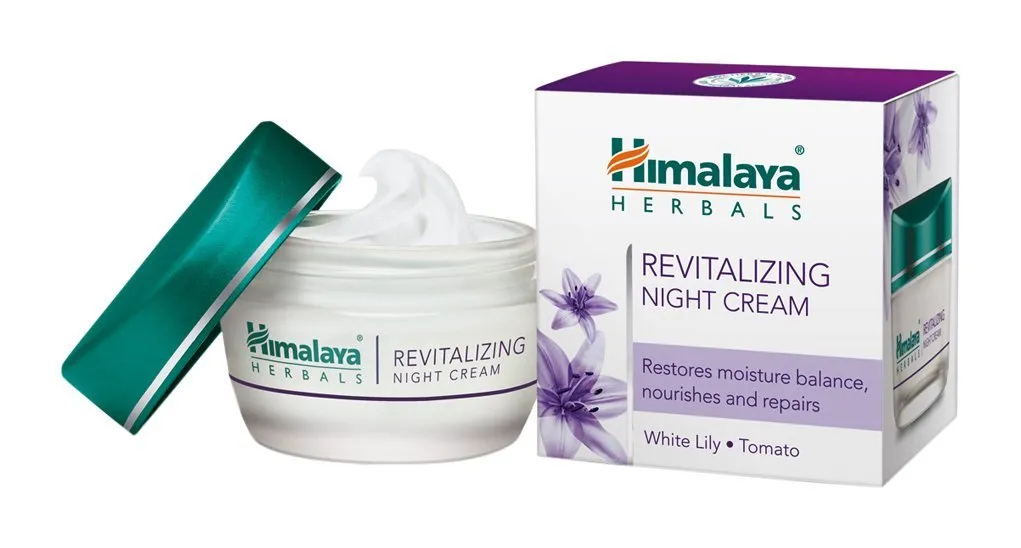
One of the most significant benefits of using a night time whitening cream is achieving a brighter complexion. The active ingredients in these creams, such as vitamin C, kojic acid, and arbutin, work to reduce melanin production, which is the primary cause of skin darkening and uneven skin tone. These ingredients specifically target the enzyme tyrosinase, which plays a crucial role in melanin synthesis. The result is a gradual lightening of the skin, leading to a more radiant and glowing appearance. Furthermore, these creams often contain antioxidants that protect the skin from environmental stressors, such as UV rays and pollution, which can contribute to skin dullness. The combination of reduced melanin production and protection against external damage helps to reveal a brighter, more luminous skin tone over time, promoting a healthier and more youthful glow. This is the most important benefit for most users.
The Science Behind Skin Brightening
The science behind skin brightening revolves around understanding the process of melanin production and how to regulate it. Melanin, produced by melanocytes, is responsible for skin color. Overproduction of melanin can lead to hyperpigmentation, dark spots, and an uneven skin tone. Whitening creams work by targeting specific steps in the melanin synthesis pathway. Ingredients like hydroquinone (though use can be limited in some regions), arbutin, and kojic acid inhibit tyrosinase, an enzyme essential for melanin production. Vitamin C acts as an antioxidant, neutralizing free radicals and preventing melanin formation. Regular use of these creams, coupled with sun protection, helps to reduce existing pigmentation and prevent future discoloration. This scientific approach offers an effective way to brighten the skin, leading to a more even and radiant complexion. Also, some night creams contain gentle exfoliants to promote cell turnover.
Benefit 2 Reduced Dark Spots
Whitening creams are particularly effective in reducing the appearance of dark spots, also known as hyperpigmentation. Dark spots can be caused by various factors, including sun damage, aging, hormonal changes, and post-inflammatory hyperpigmentation (PIH). The active ingredients in night creams work to target these specific issues. Ingredients like retinoids, which promote cell turnover, help to fade dark spots over time. Kojic acid and arbutin inhibit the production of melanin, reducing the intensity of dark spots. Furthermore, these creams often contain antioxidants, such as vitamin C and E, which protect the skin from free radical damage and prevent further darkening. Consistent use of these creams, combined with proper sun protection, helps to diminish the visibility of existing dark spots, leading to a more even skin tone and a more youthful appearance. This is one of the primary goals of night time whitening creams.
Types of Dark Spots Whitening Cream Addresses
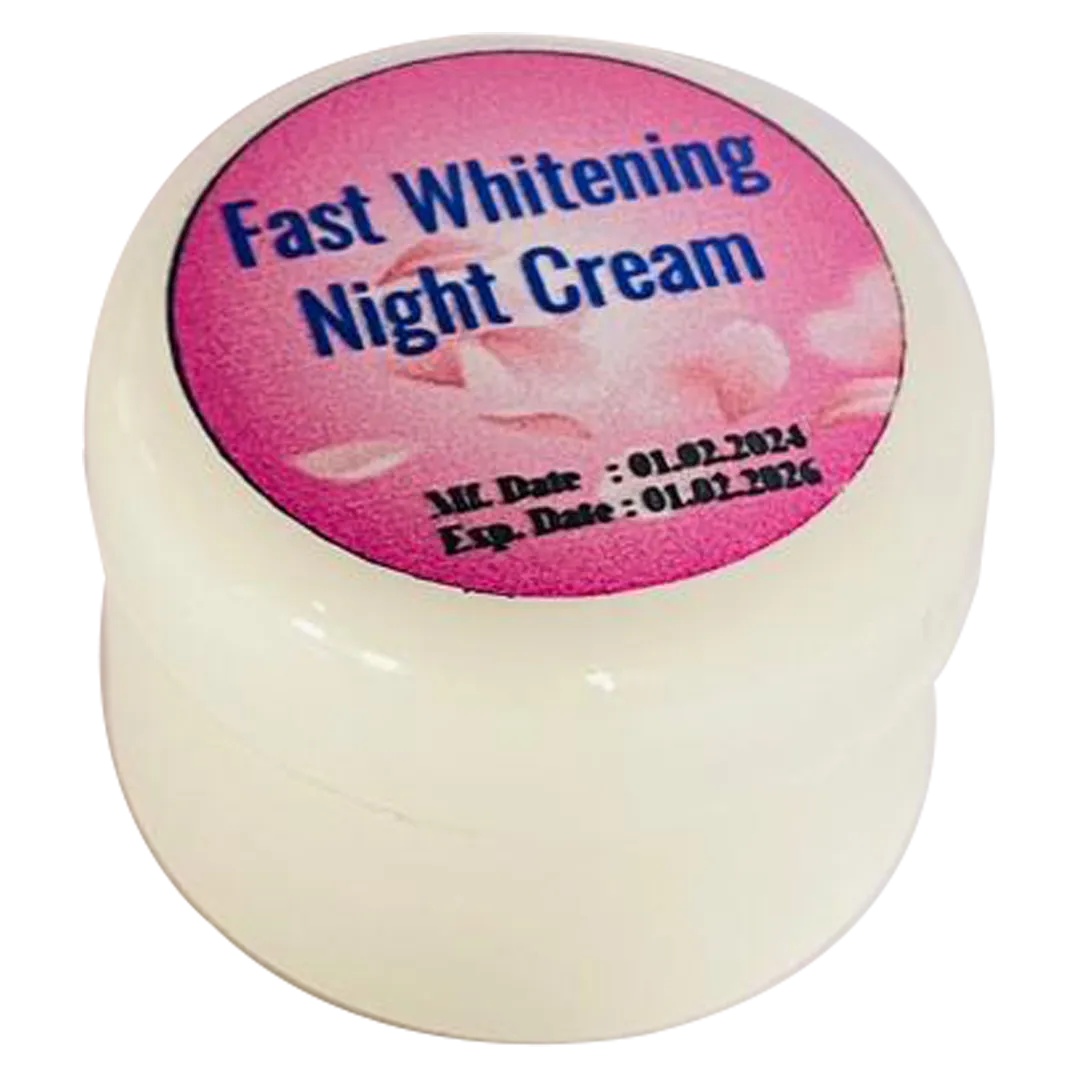
Whitening creams are designed to address various types of dark spots, making them a versatile solution for many skin concerns. Sunspots, caused by prolonged sun exposure, are a common target. Melasma, a hormonal pigmentation often triggered by pregnancy or birth control, can also be effectively managed with these creams. Post-inflammatory hyperpigmentation (PIH), which results from acne breakouts or skin injuries, is another area where whitening creams can provide significant improvement. Age spots, or liver spots, that develop with age, are often diminished with regular use. Each type of dark spot responds differently to treatment, and the effectiveness of the cream depends on the specific ingredients and the underlying cause of the pigmentation. Understanding the type of dark spots you have helps you choose the most suitable product and optimize your skincare routine for the best results.
Benefit 3 Enhanced Skin Hydration
Beyond their whitening properties, night time creams also provide essential hydration to the skin. Many whitening creams are formulated with moisturizing ingredients to counteract the potentially drying effects of active ingredients like retinoids and acids. Hydration is crucial for maintaining healthy skin, as it keeps the skin plump, supple, and resilient. Well-hydrated skin appears smoother and has a more even texture, enhancing the overall brightening effect of the cream. These creams often contain humectants, which attract and retain moisture, as well as emollients and occlusives, which create a barrier to prevent water loss. This combination helps to replenish the skin’s moisture barrier, leading to a softer, more hydrated, and visibly improved complexion. Proper hydration also supports the effectiveness of whitening ingredients, allowing them to penetrate the skin more effectively.
Ingredients that Boost Hydration
Several key ingredients in night creams work to boost skin hydration and enhance their overall effectiveness. Hyaluronic acid is a powerful humectant that can hold up to 1,000 times its weight in water, drawing moisture into the skin and keeping it hydrated. Glycerin is another effective humectant that helps to moisturize the skin. Ceramides, naturally found in the skin, help to restore and maintain the skin’s moisture barrier, preventing water loss. Shea butter and other rich emollients provide a protective layer on the skin, locking in moisture. Ingredients such as squalane and various plant-based oils also help to hydrate and soften the skin. By incorporating these ingredients, night creams not only provide hydration but also support the skin’s natural barrier function, leading to healthier, more hydrated, and radiant skin.
Benefit 4 Improved Skin Texture
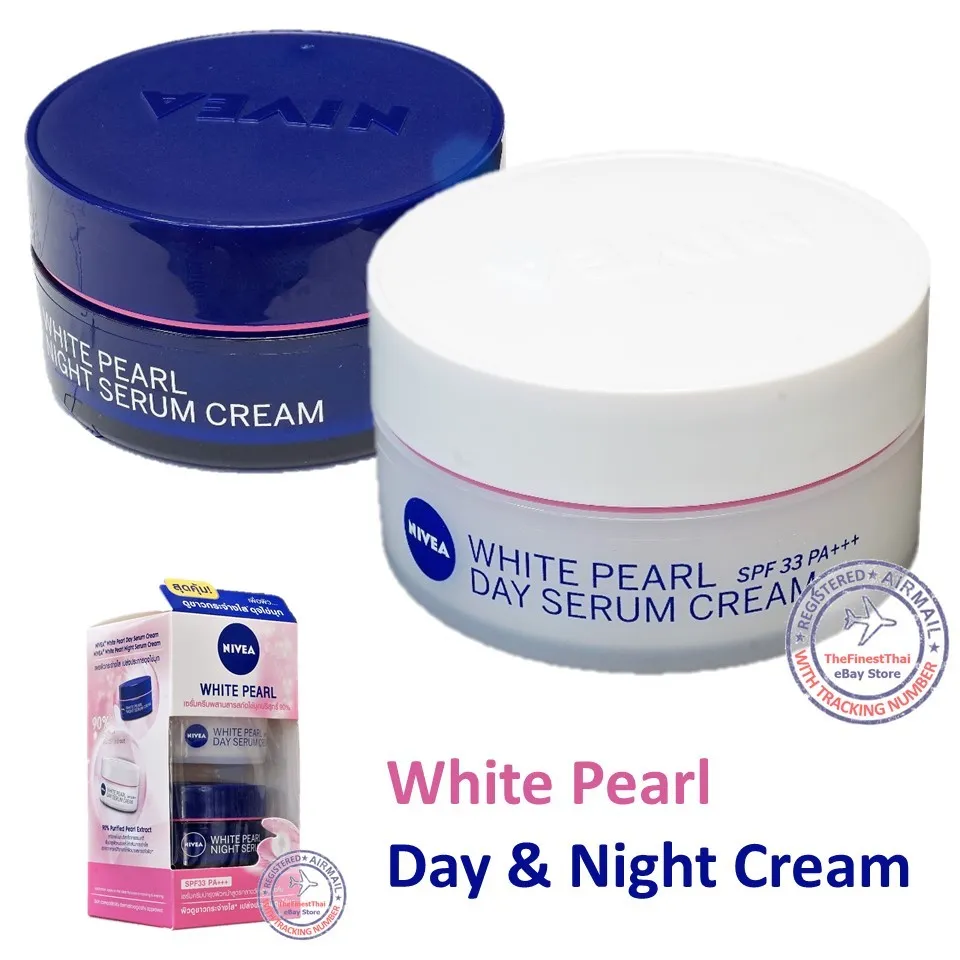
Another notable benefit of using night time whitening cream is improved skin texture. Many formulations contain ingredients that promote cell turnover and exfoliation, leading to smoother and more refined skin. Retinoids, for example, are known for their ability to increase cell turnover, which can diminish the appearance of fine lines, wrinkles, and uneven skin texture. AHAs (alpha-hydroxy acids) and BHAs (beta-hydroxy acids) gently exfoliate the skin, removing dead skin cells and revealing a brighter, smoother complexion. These ingredients also help to unclog pores, which can reduce the occurrence of breakouts and improve overall skin clarity. Regular use of these creams results in a noticeable improvement in skin texture, making the skin feel smoother, more even, and more radiant. The enhanced texture also allows for better absorption of other skincare products, maximizing their effectiveness.
How Night Creams Smooth Skin
Night creams smooth skin through a combination of ingredients and mechanisms. Retinoids, by promoting cell turnover, encourage the shedding of dead skin cells, revealing smoother skin beneath. AHAs and BHAs provide gentle exfoliation, dissolving the bonds that hold dead skin cells together and allowing them to slough off naturally. This process reduces the appearance of fine lines, wrinkles, and rough patches. Ingredients like peptides can stimulate collagen production, which improves skin elasticity and firmness, leading to a smoother texture. The inclusion of moisturizers also plays a vital role; by keeping the skin well-hydrated, night creams prevent dryness and enhance the skin’s natural smoothness. The combined effect of these ingredients results in a noticeable improvement in skin texture, providing a smoother, more refined, and more youthful appearance. Consistent use is essential for achieving and maintaining these results.
Benefit 5 Boosted Collagen Production
Some night time whitening creams contain ingredients that boost collagen production, which is essential for maintaining firm, youthful skin. Collagen is a protein that provides structure and elasticity to the skin, and its production naturally declines with age. Ingredients like peptides and vitamin C can stimulate collagen synthesis, helping to reduce the appearance of fine lines and wrinkles. By increasing collagen production, these creams help to maintain skin firmness and improve overall skin texture. This results in a more youthful and revitalized appearance. The combination of whitening and anti-aging benefits makes these creams a comprehensive solution for achieving a brighter, smoother, and more resilient complexion. Boosting collagen production is a key strategy for long-term skin health and maintaining a youthful look.
Ingredients That Support Collagen

Several key ingredients in night creams support collagen production, contributing to firmer, more youthful skin. Peptides, small chains of amino acids, act as building blocks for collagen, signaling the skin to produce more. Vitamin C is a potent antioxidant that not only protects the skin from free radical damage but also plays a crucial role in collagen synthesis. Retinoids, derivatives of vitamin A, stimulate collagen production and increase cell turnover. Regular use of these creams can help to improve skin elasticity and reduce the appearance of fine lines and wrinkles. By incorporating these ingredients, night creams provide a multi-faceted approach to skin health, promoting both skin brightening and anti-aging benefits. The focus on collagen support makes these creams an effective choice for maintaining a youthful and vibrant complexion.
Choosing the Right Whitening Cream
Choosing the right whitening cream requires careful consideration of your skin type, specific concerns, and the ingredients in the product. Start by identifying your skin type (oily, dry, combination, or sensitive) to ensure the cream is suitable for your skin. Look for products that address your specific concerns, such as dark spots, uneven skin tone, or dryness. Read the ingredient list carefully, paying attention to the active ingredients like vitamin C, kojic acid, arbutin, and retinoids. Ensure the cream is free from irritants and allergens that may cause adverse reactions. Consider the texture and consistency of the cream; night creams typically have richer textures. Research reviews and recommendations from dermatologists or trusted sources to gain insights into the cream’s effectiveness and user experiences. Consulting with a dermatologist can also help you make an informed decision based on your individual needs.
Key Ingredients to Look For
When choosing a whitening cream, several key ingredients are essential for effectiveness. Vitamin C is a powerful antioxidant that brightens the skin and protects against free radical damage. Kojic acid and arbutin inhibit melanin production, reducing the appearance of dark spots. Retinoids, such as retinol, promote cell turnover and improve skin texture. Niacinamide can help reduce hyperpigmentation and improve skin barrier function. Look for creams that also contain hydrating ingredients like hyaluronic acid and ceramides to maintain skin moisture. Consider products with antioxidants like vitamin E and green tea extract for added protection. The combination of these ingredients ensures a comprehensive approach to whitening, addressing multiple skin concerns and promoting overall skin health.
Tips for Applying Whitening Cream at Night
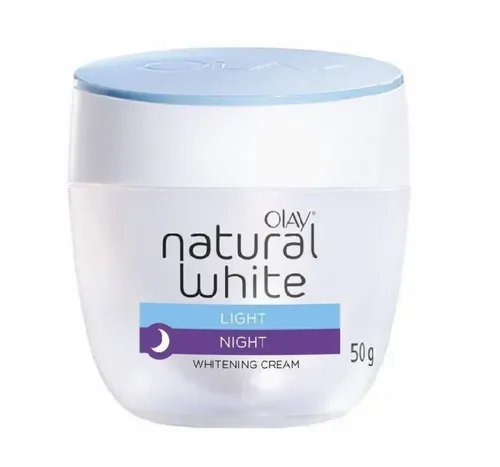
To maximize the benefits of your night time whitening cream, it’s important to apply it correctly. Start by cleansing your face thoroughly to remove any makeup, dirt, and impurities. Pat your skin dry and apply a toner to balance your skin’s pH. Apply a small amount of the whitening cream to your face, using gentle upward motions. Avoid pulling or tugging on the skin. Focus on areas with hyperpigmentation or uneven skin tone. Allow the cream to absorb fully before going to bed. For best results, incorporate the cream into your nightly skincare routine, ensuring consistent use. Always use sunscreen during the day, as whitening creams can make your skin more sensitive to the sun. Remember, patience is key; it may take several weeks to months to see noticeable results. Following these steps will help you achieve the best outcomes from your whitening cream.
Maximizing Your Results
To maximize the results of your whitening cream, consider a holistic approach to skincare. Consistent use of the cream, as directed, is crucial for seeing results. Protect your skin from sun exposure by applying a broad-spectrum sunscreen with a high SPF every day. Avoid direct sunlight, especially during peak hours. Maintain a healthy lifestyle, including a balanced diet, adequate hydration, and sufficient sleep. These factors contribute to overall skin health and support the effectiveness of your skincare products. Avoid harsh skincare treatments or products that may irritate your skin. Consult with a dermatologist if you have any concerns or questions. By combining a good skincare routine with a healthy lifestyle, you can significantly enhance the brightening and whitening effects of your night cream, leading to a more radiant and even complexion. Be consistent with your routine, and patient, as results may take time.
